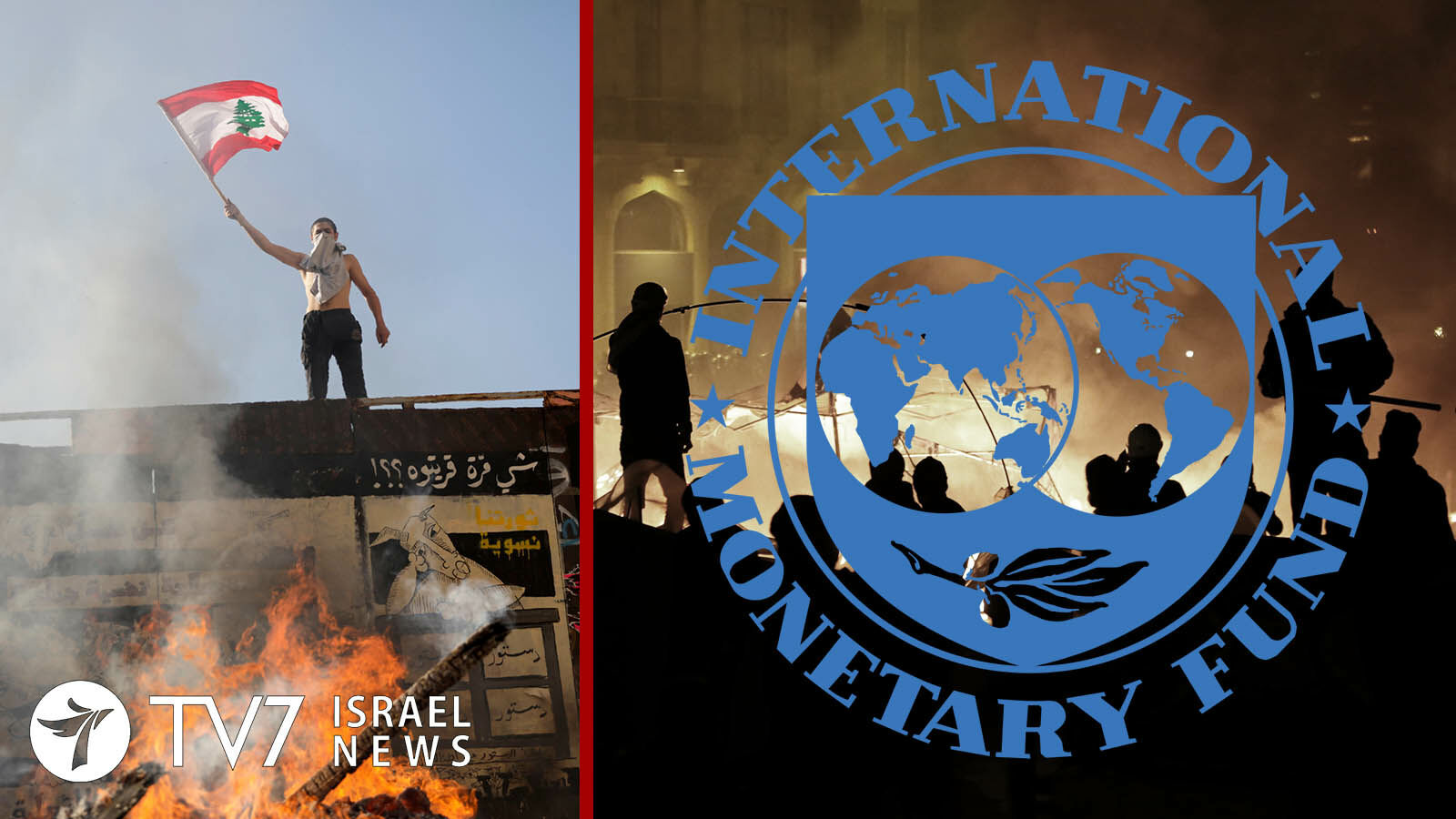The International Monetary Fund (IMF) has confirmed that it will begin “technical discussions” with Beirut aimed at helping Lebanon to rectify its economic melt-down.
By Erin Viner
According to an IMF spokeswoman cited by Reuters, discussions “in the coming days” are set to focus on “policies and reforms that will address Lebanon’s economic and financial crisis.”
The statement followed an earlier announcement from Beirut’s Finance Ministry that it had resumed “interactions” with the IMF to form a recovery plan geared at attracting international support. Lebanon desperately seeks foreign financial help to address what is one of the world’s most severe current economic depressions. The statement also maintained that the Lebanese government, which defaulted on its sovereign debt in March 2020, expressed “its commitment to a fair and comprehensive solution for all creditors and will engage … in good faith discussions with all its creditors as early as practicable.”
The newly-inaugurated government of Lebanon’s Prime Minister Najib Mikati vowed to renew negotiations with the IMF toward the establishment of both short- and medium-term rescue programs.
Lebanese-IMF talks stalled last year due to disagreement over the scale of economic system losses by Beirut’s political leaders with the country’s central bank and other financial institutions. Analysts say that such agreements on the losses, as well as how they should be distributed, are the first hurdles to pass in order to advance talks with the IMF.
The powerful Iran-backed Hezbollah terror group, which holds military and political influence has been accused of responsibility for the government deadlock over the implementation of reform, and deterring prospects of badly-required assistance from the international community.
Beirut is now confronted with tough internal challenges that must be overcome to reach any deal with the IMF. Donors want to see major government reforms to eliminate rampant corruption particularly in the state-run electricity sector, which successive governments have failed to provide for years.
The government is only able to provide a few if any hours to state-generated power to the population, three-quarters of whom are estimated to live in poverty. The lack of fuel is part of a nationwide energy crisis in the depression-stricken country which has crippled normal life as hard currency reserves have run out.
“We will start with the IMF – this is not a choice it is something we have to go through,” Mikati said last month ahead of the parliamentary vote of confidence, that followed a year of political conflict over cabinet seats that worsened the crisis.
The Lebanese leader’s policy program is based on a financial recovery plan drawn up by the previous government – which set out a shortfall in the financial system of some $90 billion – a figure endorsed by the IMF. That proposal was dismissed by both the country’s political elite and the banking system, resulting in the suspension of IMF talks last year.
Technical talks are a precursor to any program negotiations, leading economist and former Lebanese minister Nasser Saidi told Reuters, stressing that, “The IMF needs data and information particularly on (the central bank) and the banks as well public finances, payment arrears, social security, etc.”
Lebanon has been in crisis since late 2019, since then the currency has lost some 90% of its value, poverty has soared, and the banking system has been paralyzed.
